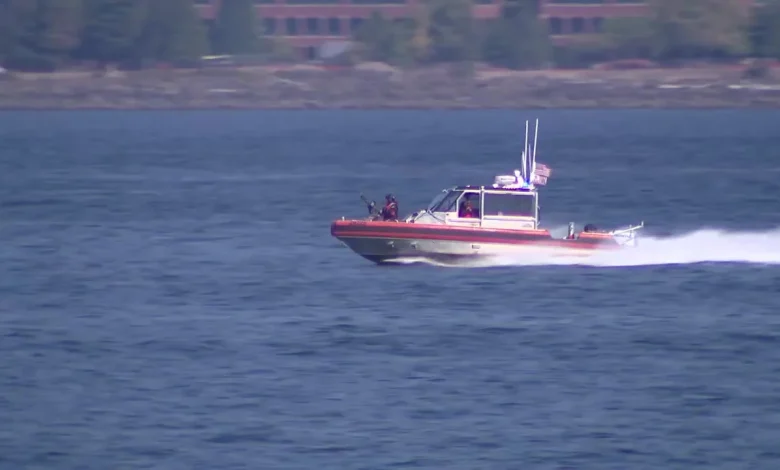Coast Guard drops ‘hate incident’ label, sparks dissent from Congress and ranks

WASHINGTON (TNND) — The United States Coast Guard will no longer classify swastikas, nooses, or Confederate flags as hate symbols.
Instead, the Coast Guard opted to relegate these symbols often associated white supremacy to a “potentially divisive” classification, which creates ambiguity over how leadership should address the appearance of these symbols.
The re-classification is a part of the Coast Guard’s revision of its hazing and harassment policy, which will go into effect December 15. The new guidelines will eliminate the classification of hate incidents.
“Conduct previously handled as a potential hate incident, including those involving symbols widely identified with oppression or hatred, is processed as a report of harassment,” the Coast Guard said in its new policy.
“The terminology ‘hate incident’ is no longer present in policy.”
The policy revamp comes as Department of Defense Secretary Pete Hegseth recently called for the military branches to overhaul their hazing and harassment policies, calling current policies “overly broad.” The Coast Guard is under the purview of Department of Homeland Security Secretary Kristi Noem.
However even before Hegseth’s calls, acting Commandant of the Coast Guard Adm. Kevin Lunday, who took over after Trump terminated Adm. Linda Fagan in January, called on the suspension of the Coast Guard’s hazing and harassment policy just days after taking command.
However, the decision to no abolish “hate symbol” classification has garnered strong dissent both within the military branch and in Congress.
“At a time when antisemitism is rising in the United States and around the world, relaxing policies aimed at fighting hate crimes not only sends the wrong message to the men and women of our Coast Guard, but it puts their safety at risk,” Sen. Jacky Rosen (D-NV) said in a statement to The Washington Post.
A Coast Guard official shared with the Washington Post that the new guidelines will likely create a chilling effect on reporting incidents because it now creates a 45-day deadline for service members to report an incident.
“If you are at sea, and your shipmate has a swastika in their rack, and you are a Black person or Jew, and you are going to be stuck at sea with them for the next 60 days, are you going to feel safe reporting that up your chain of command?” the Coast Guard official told the Washington Post.




